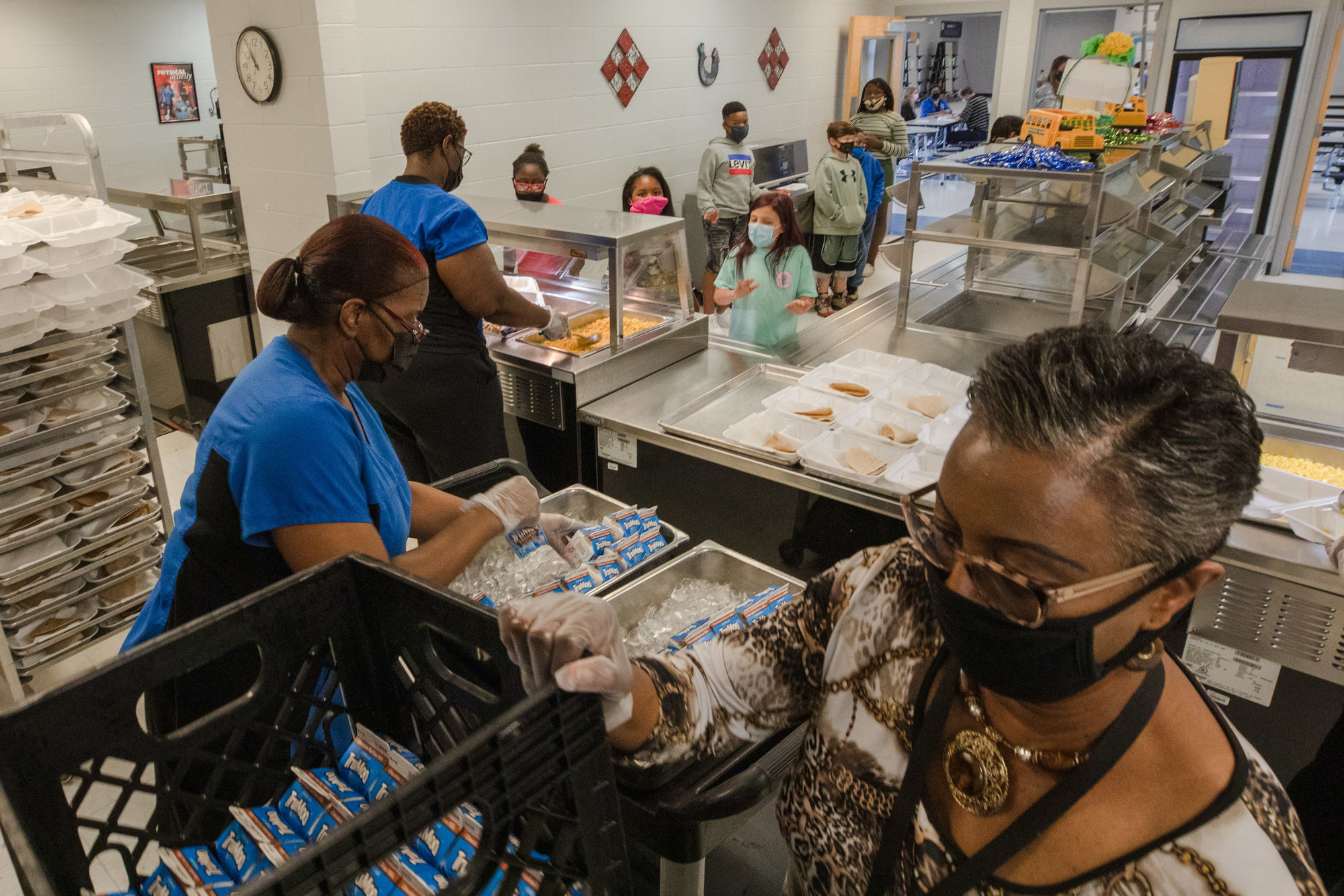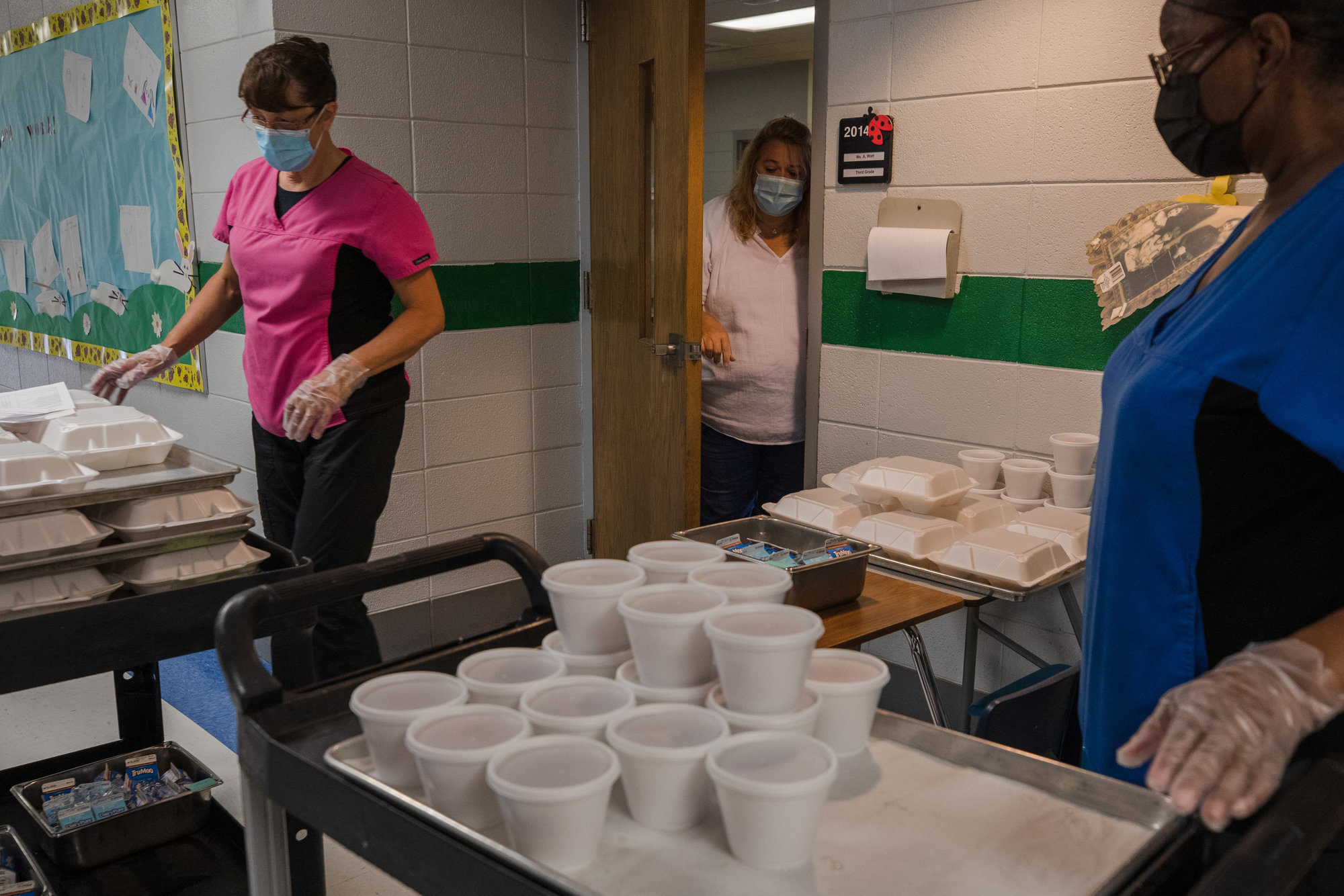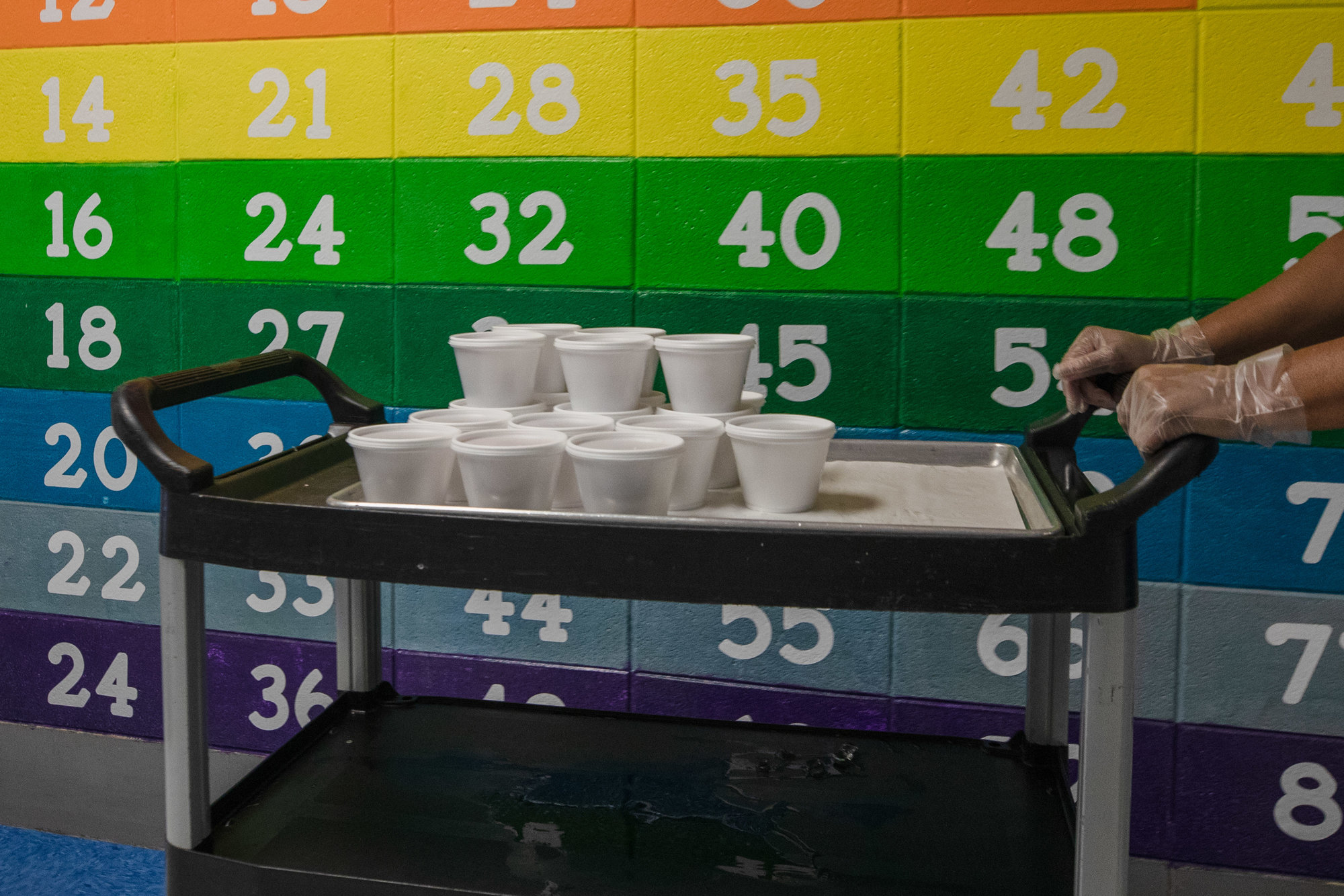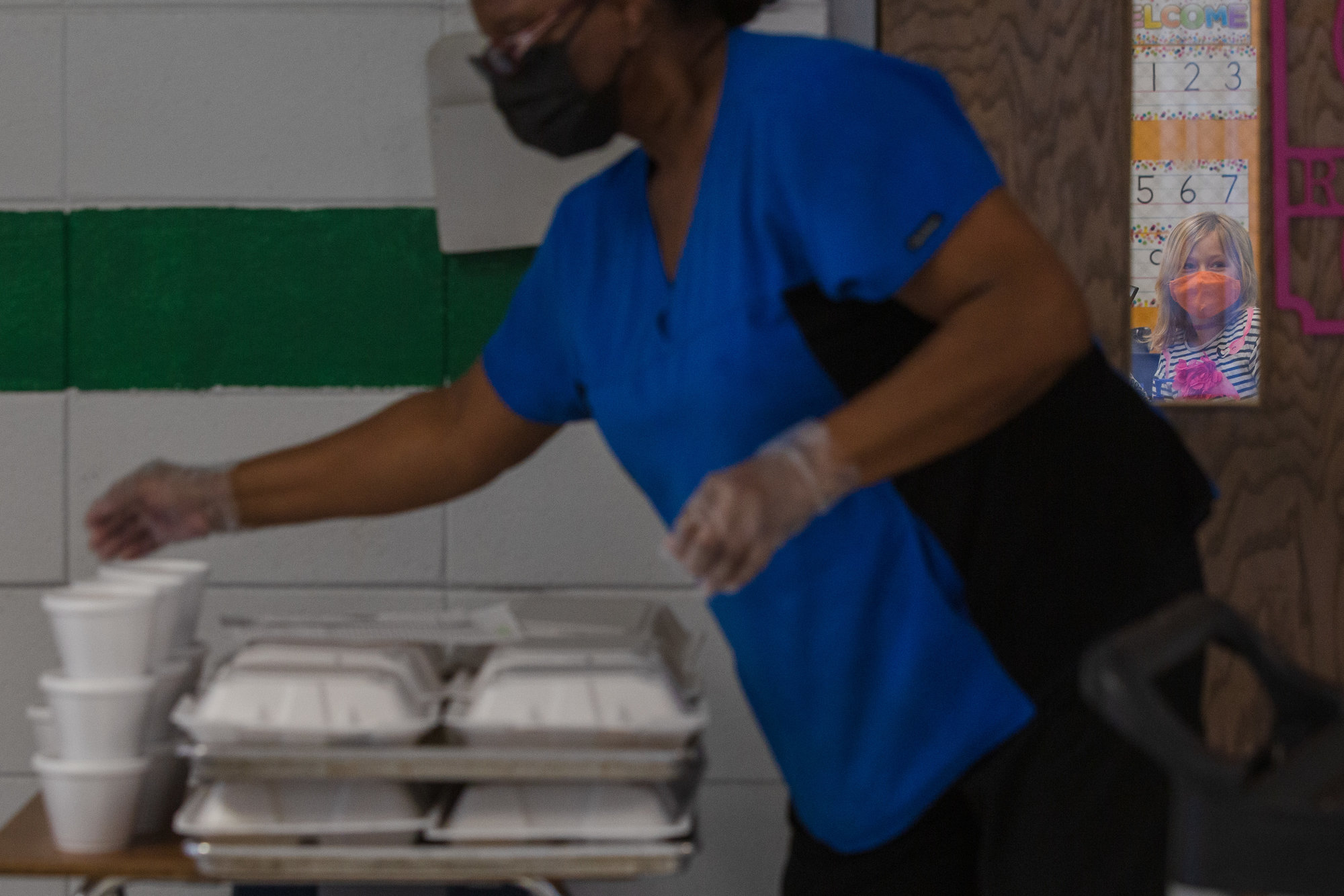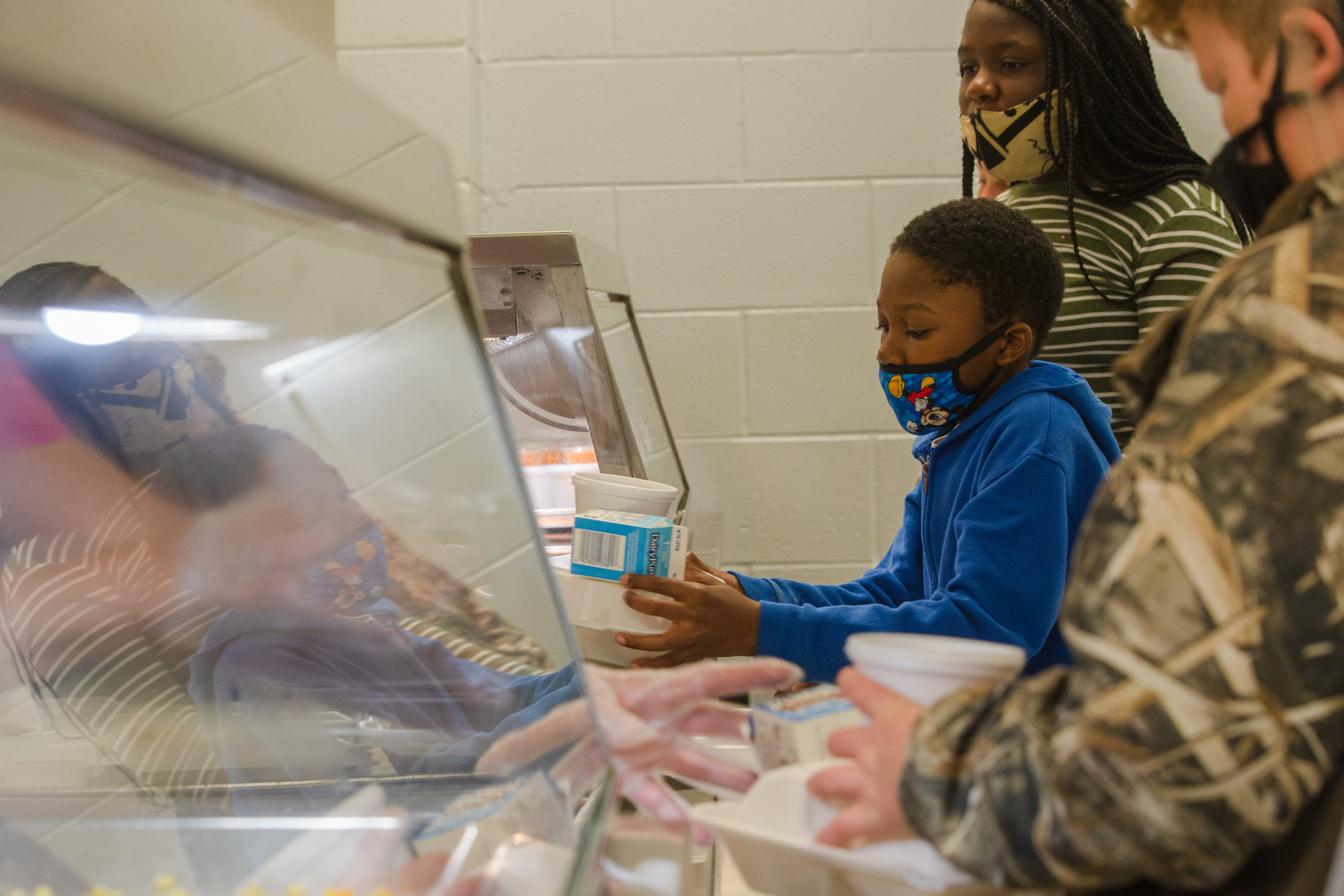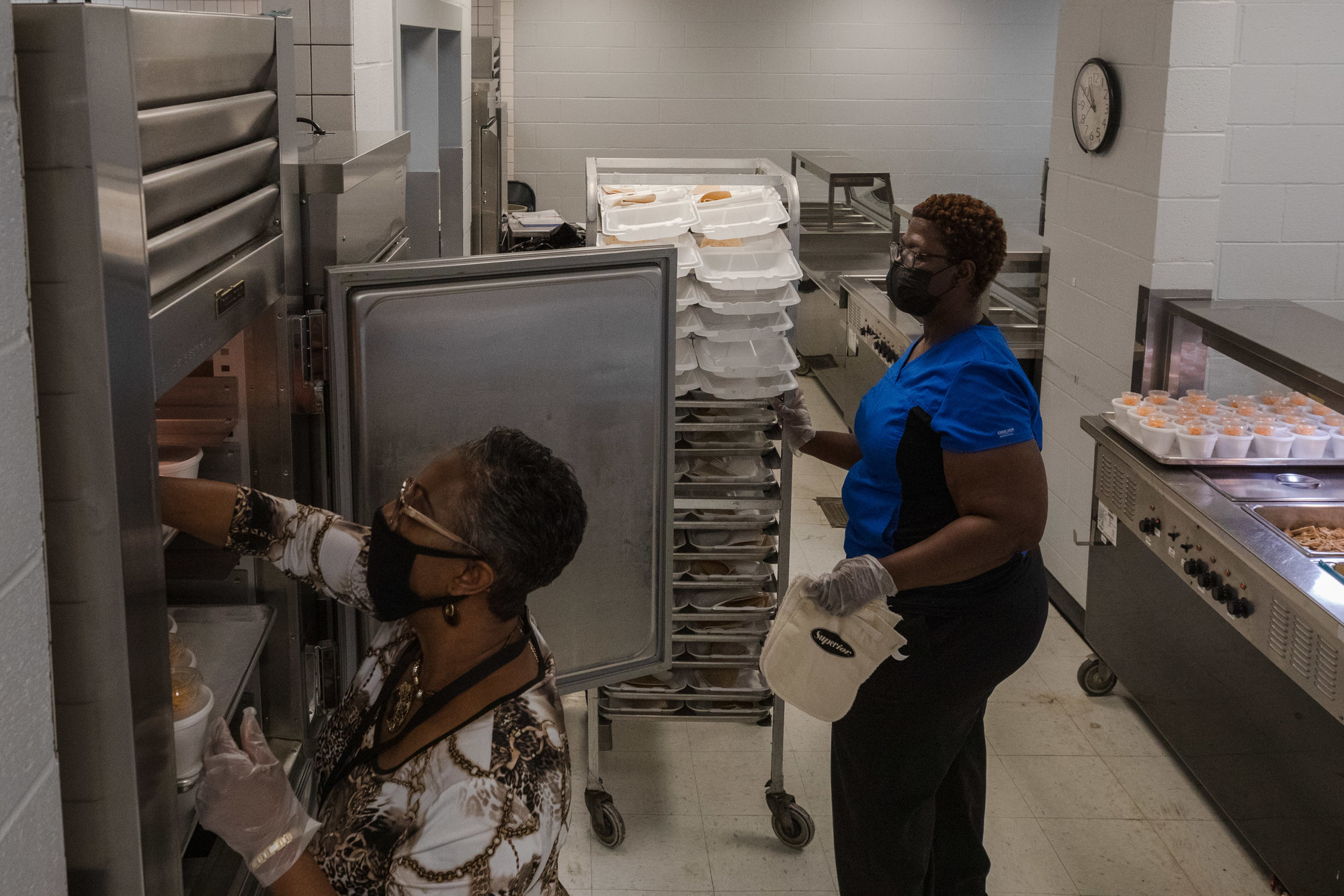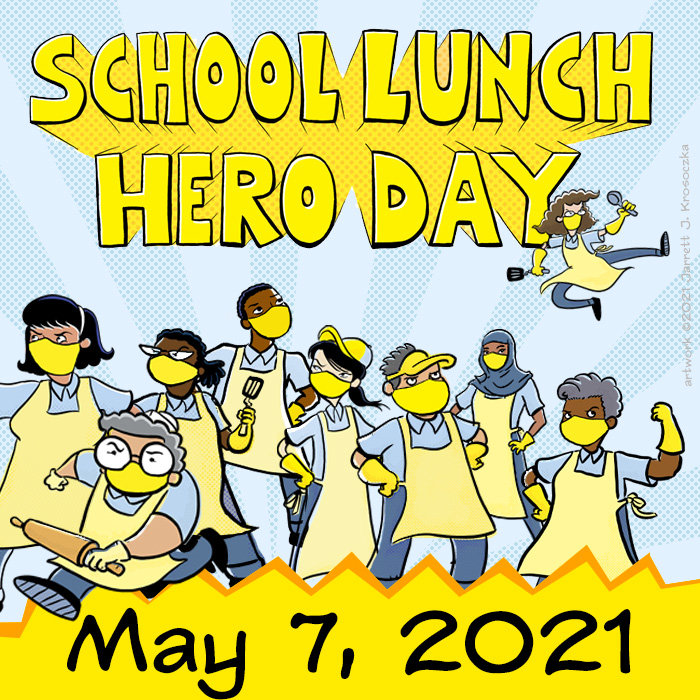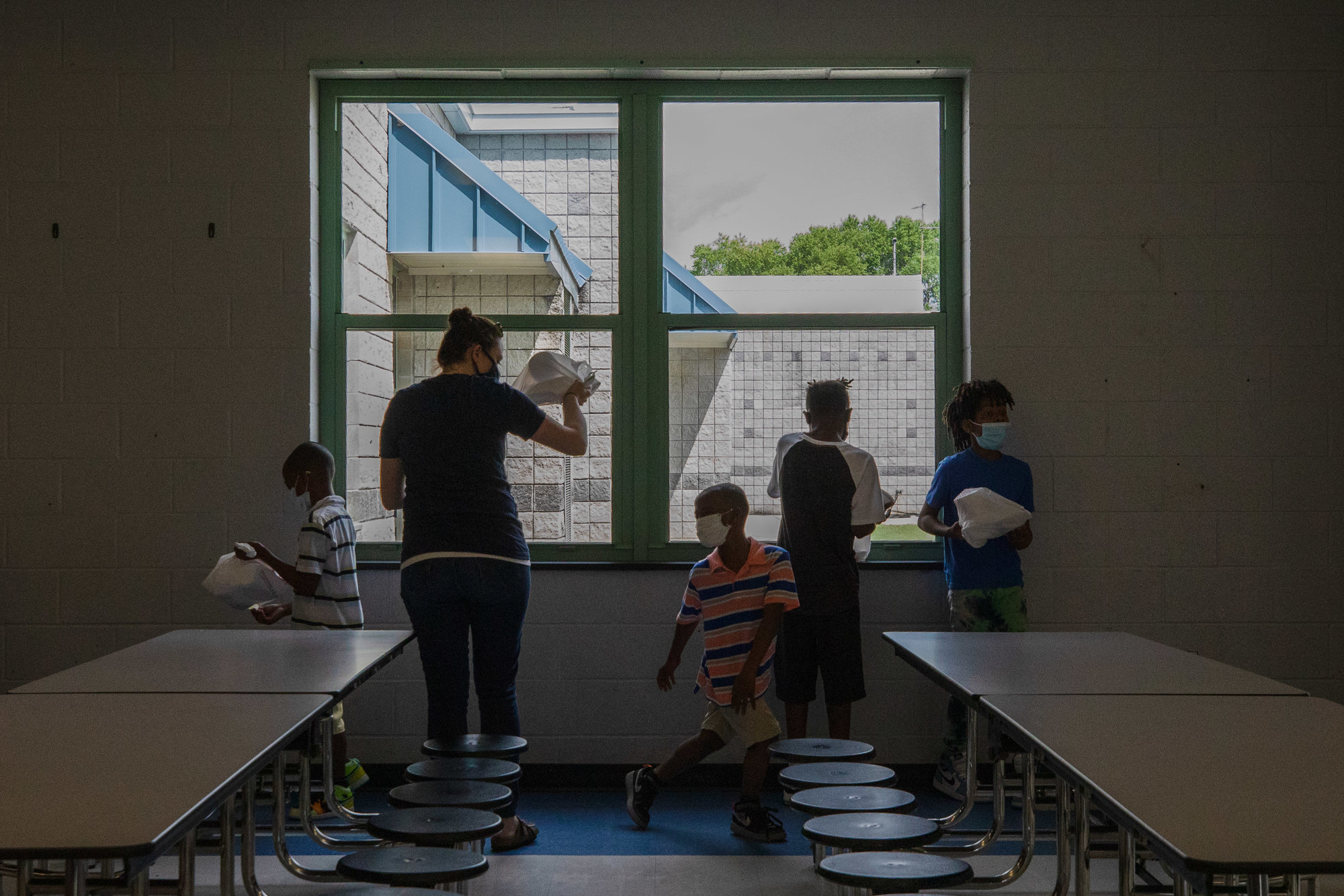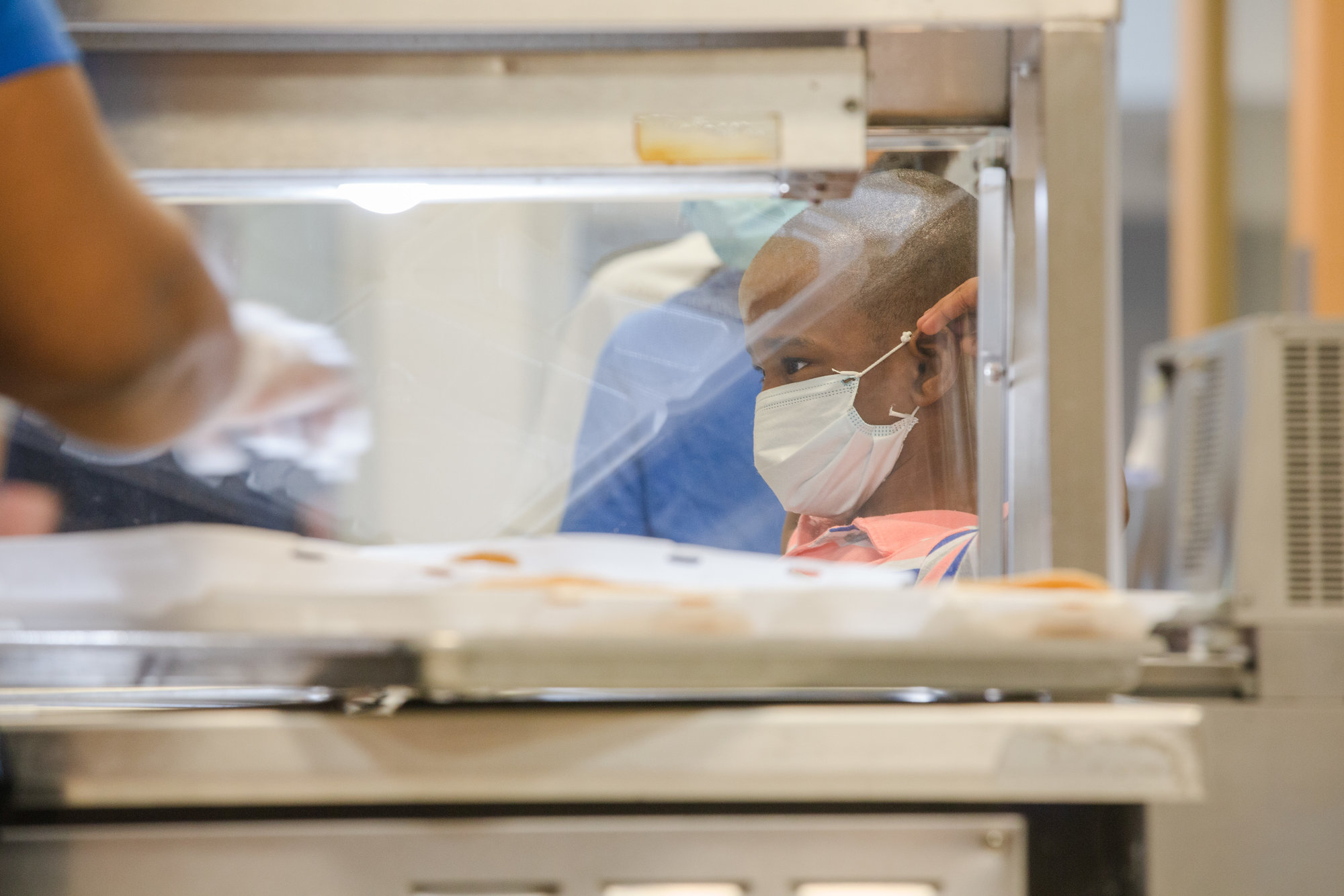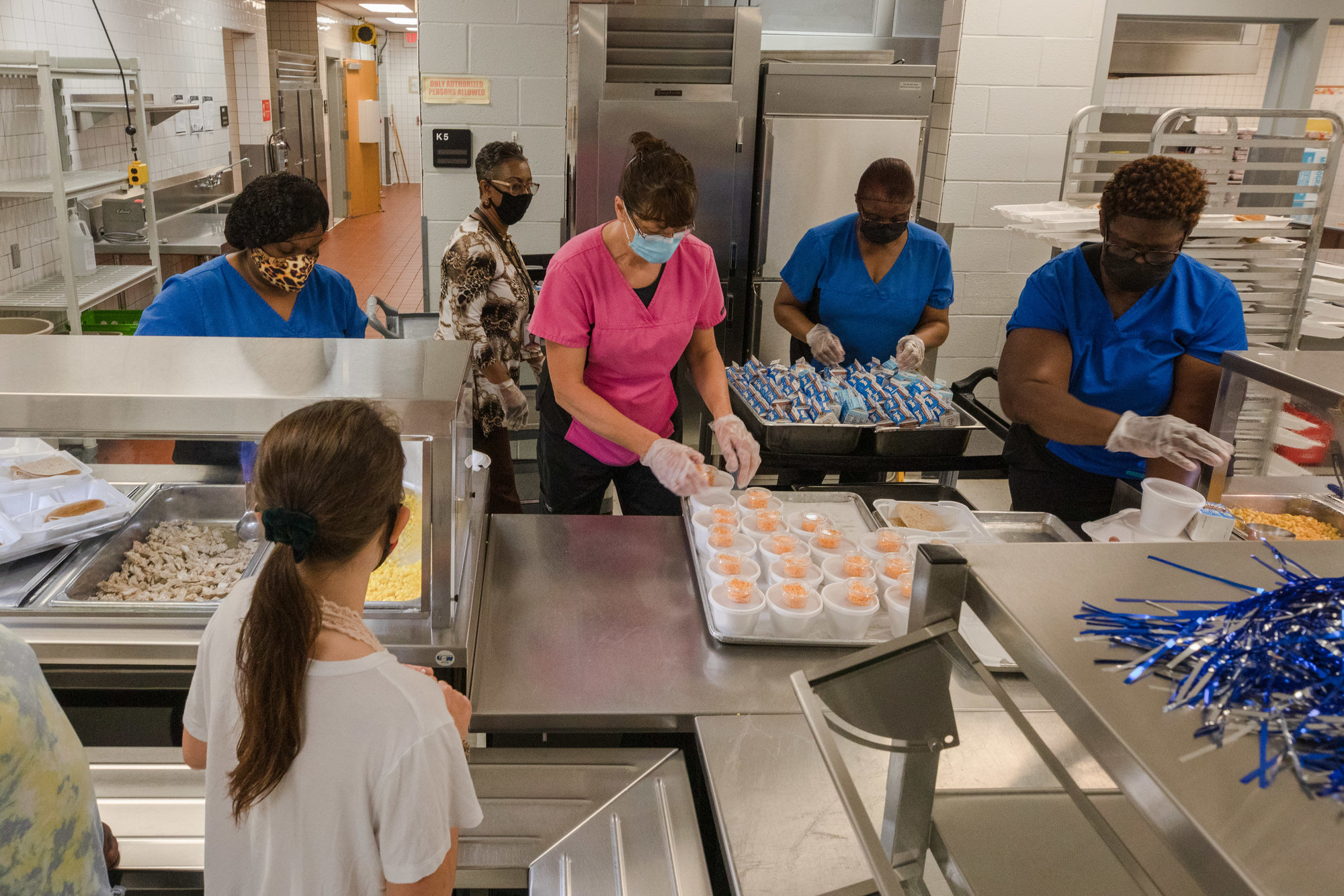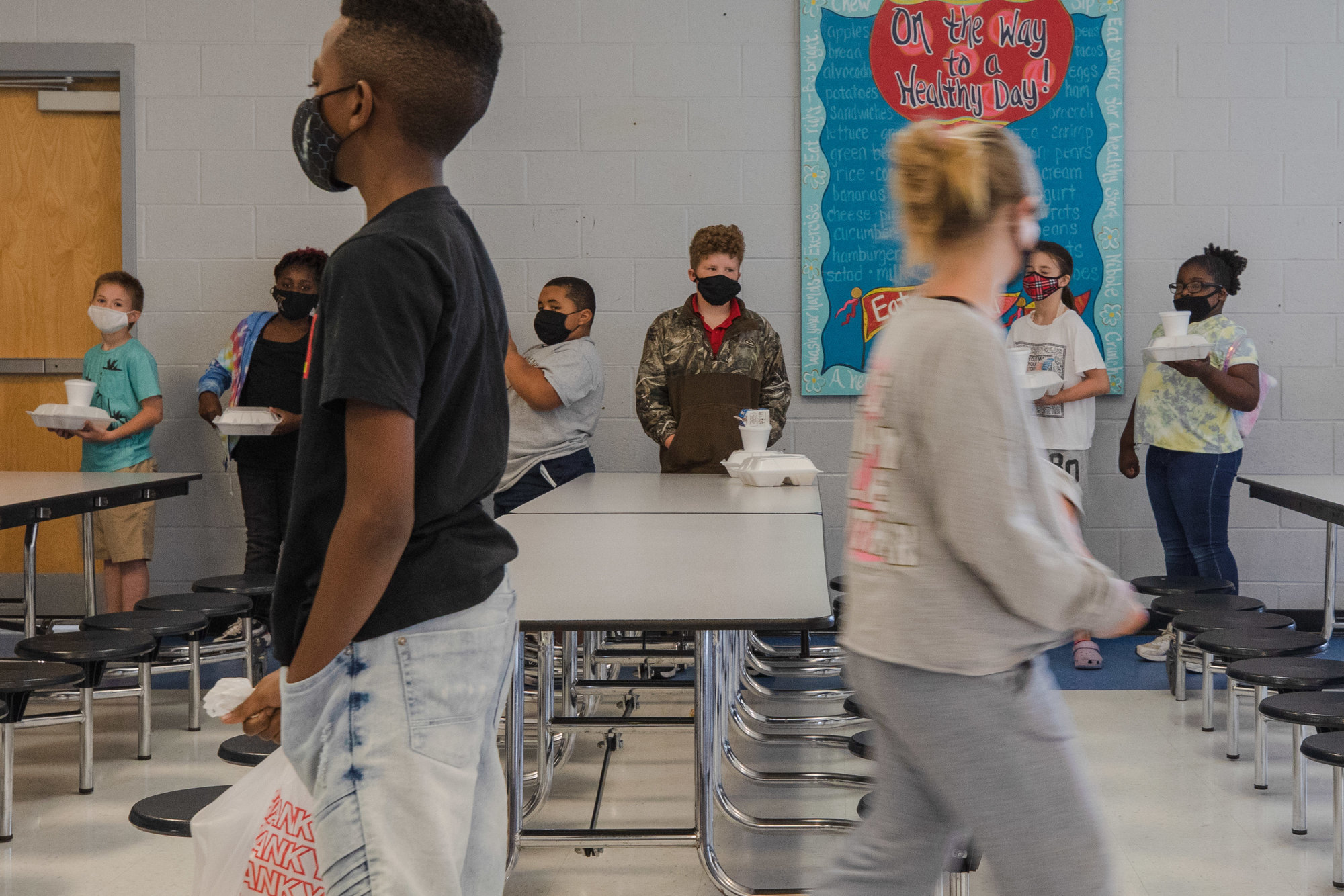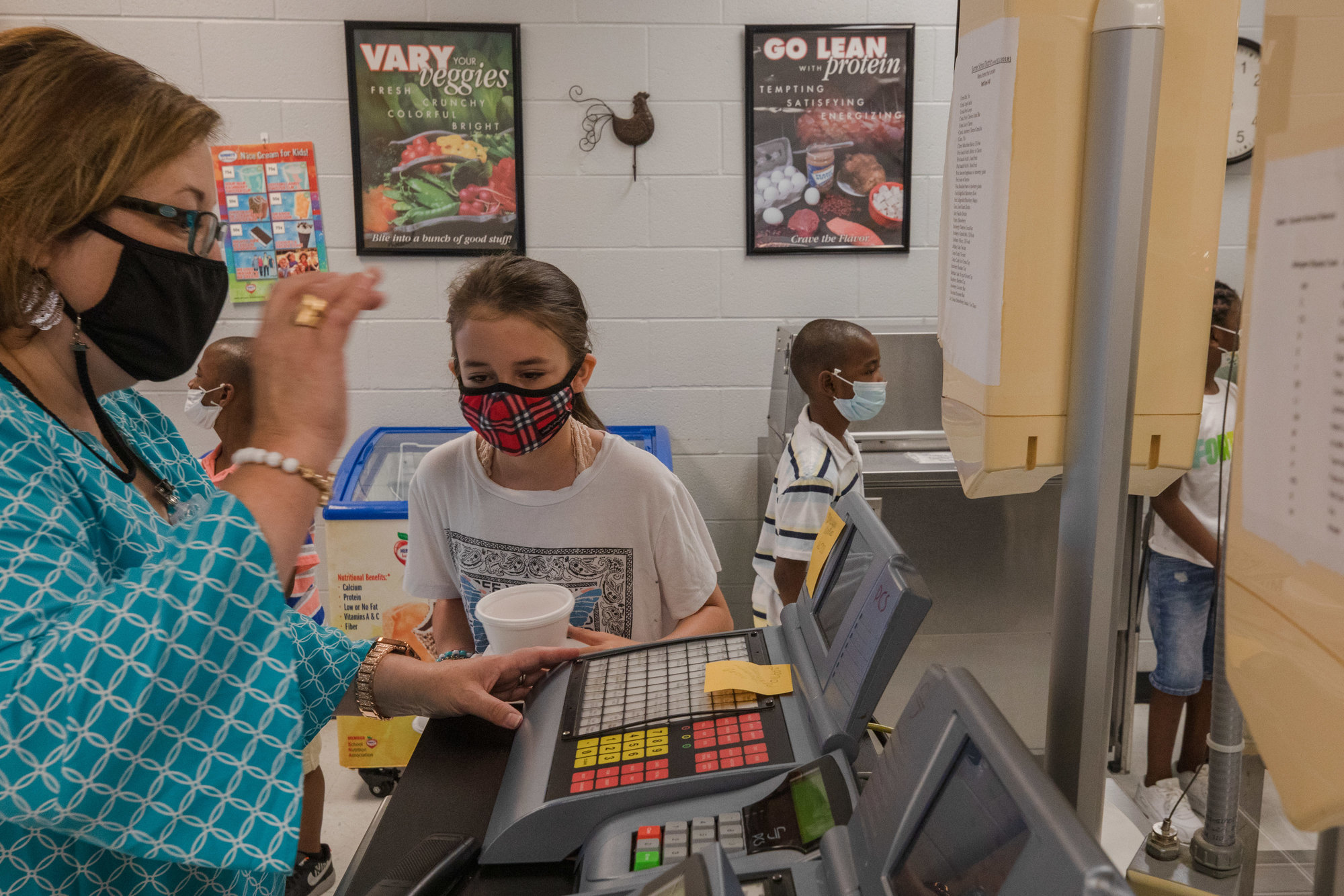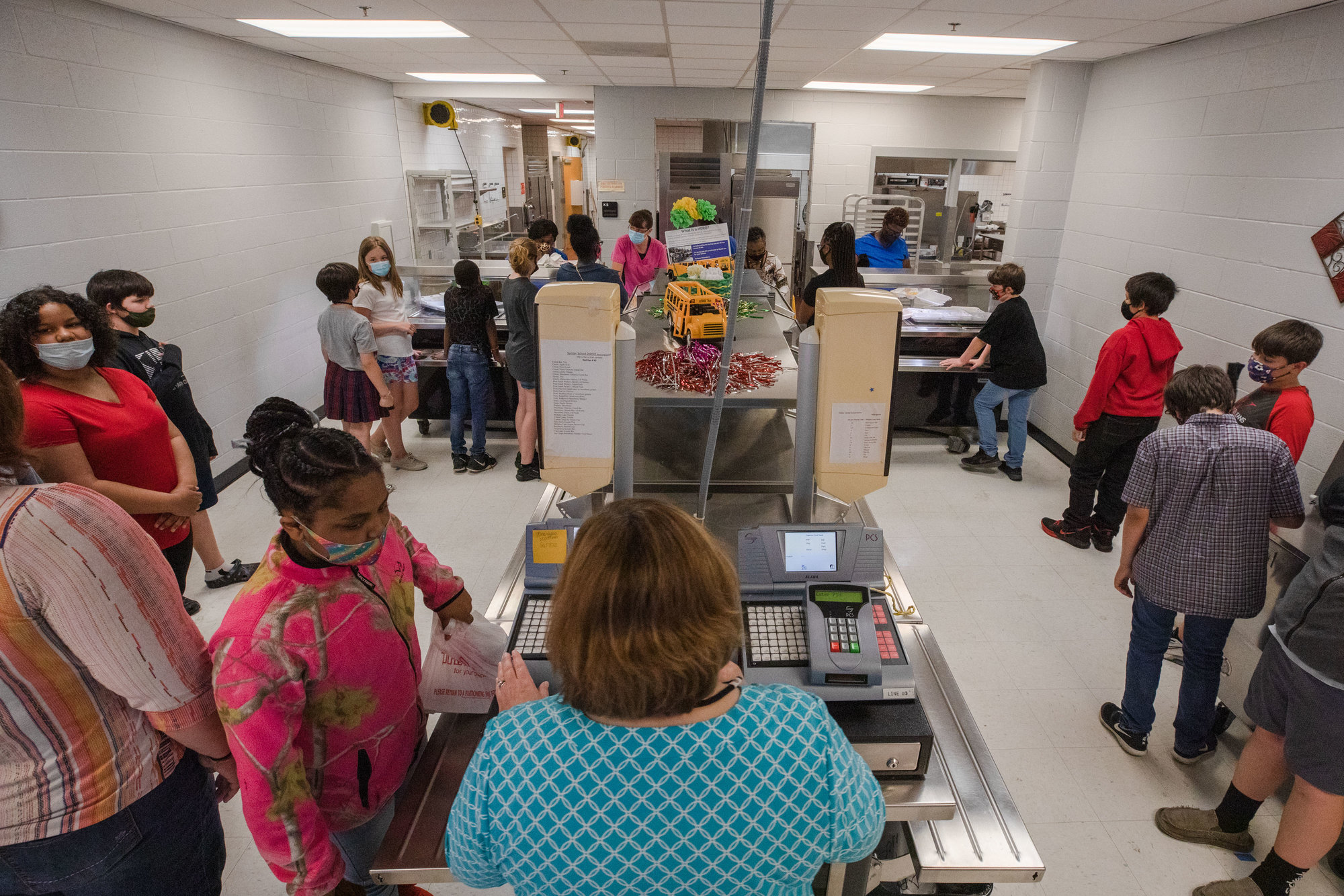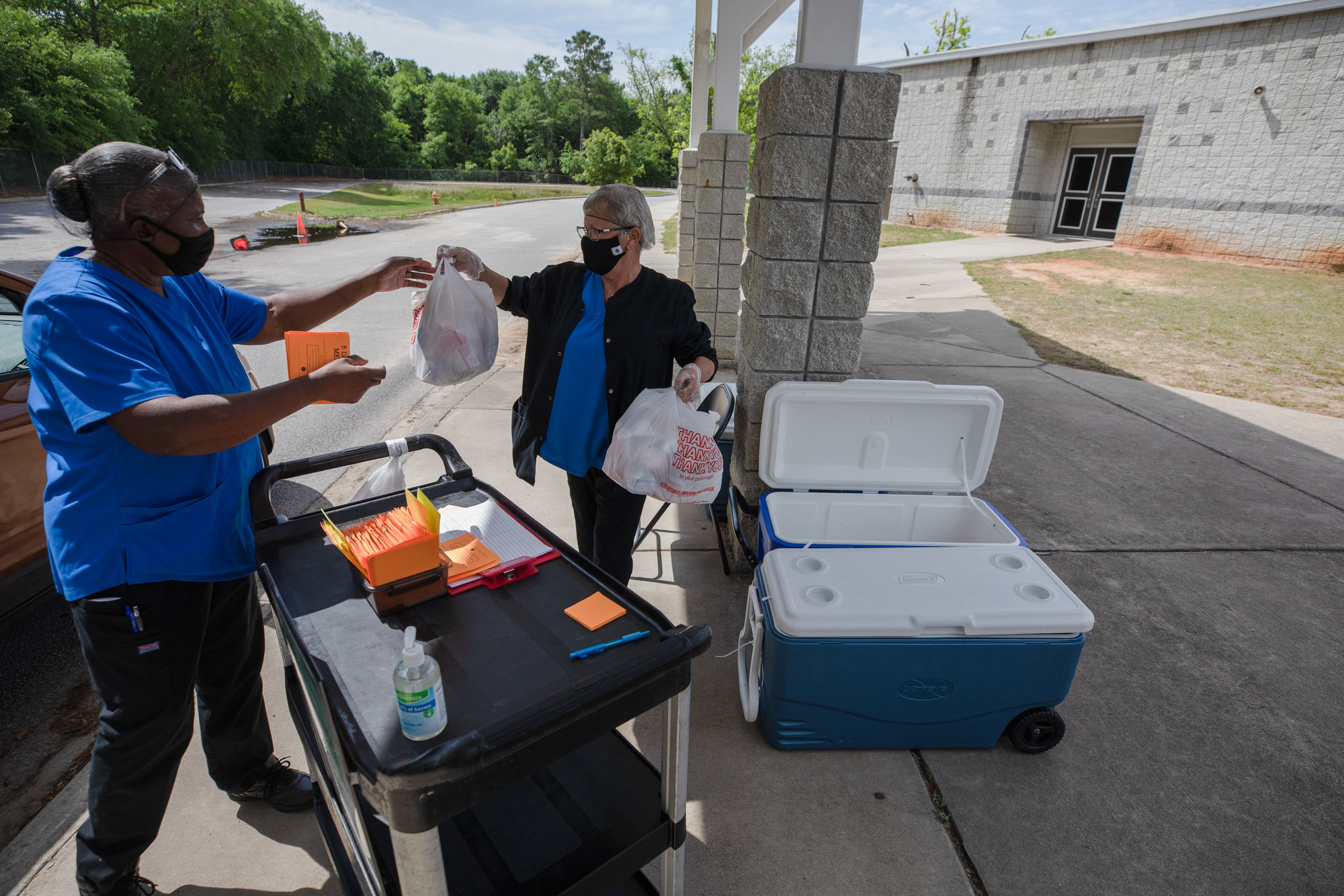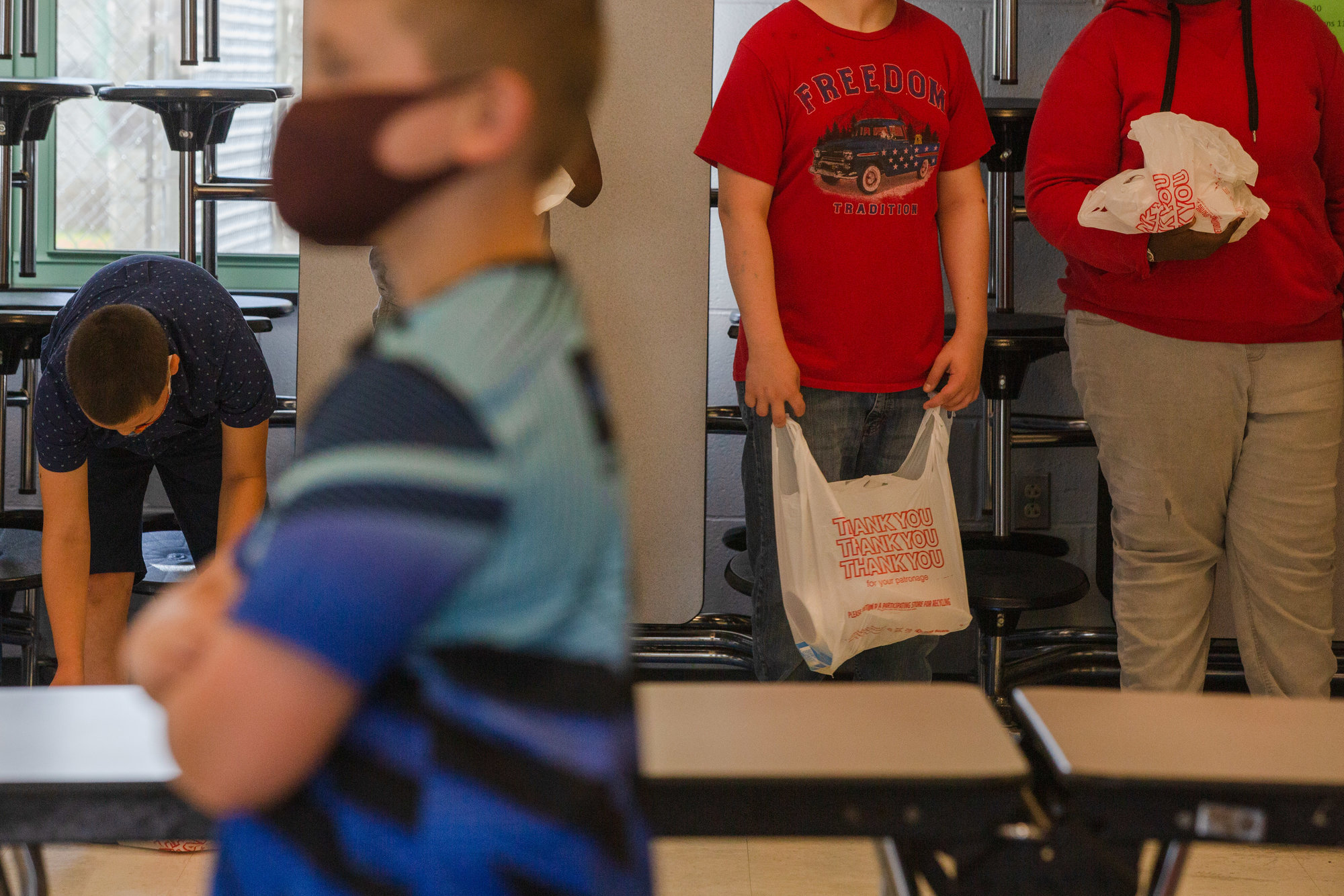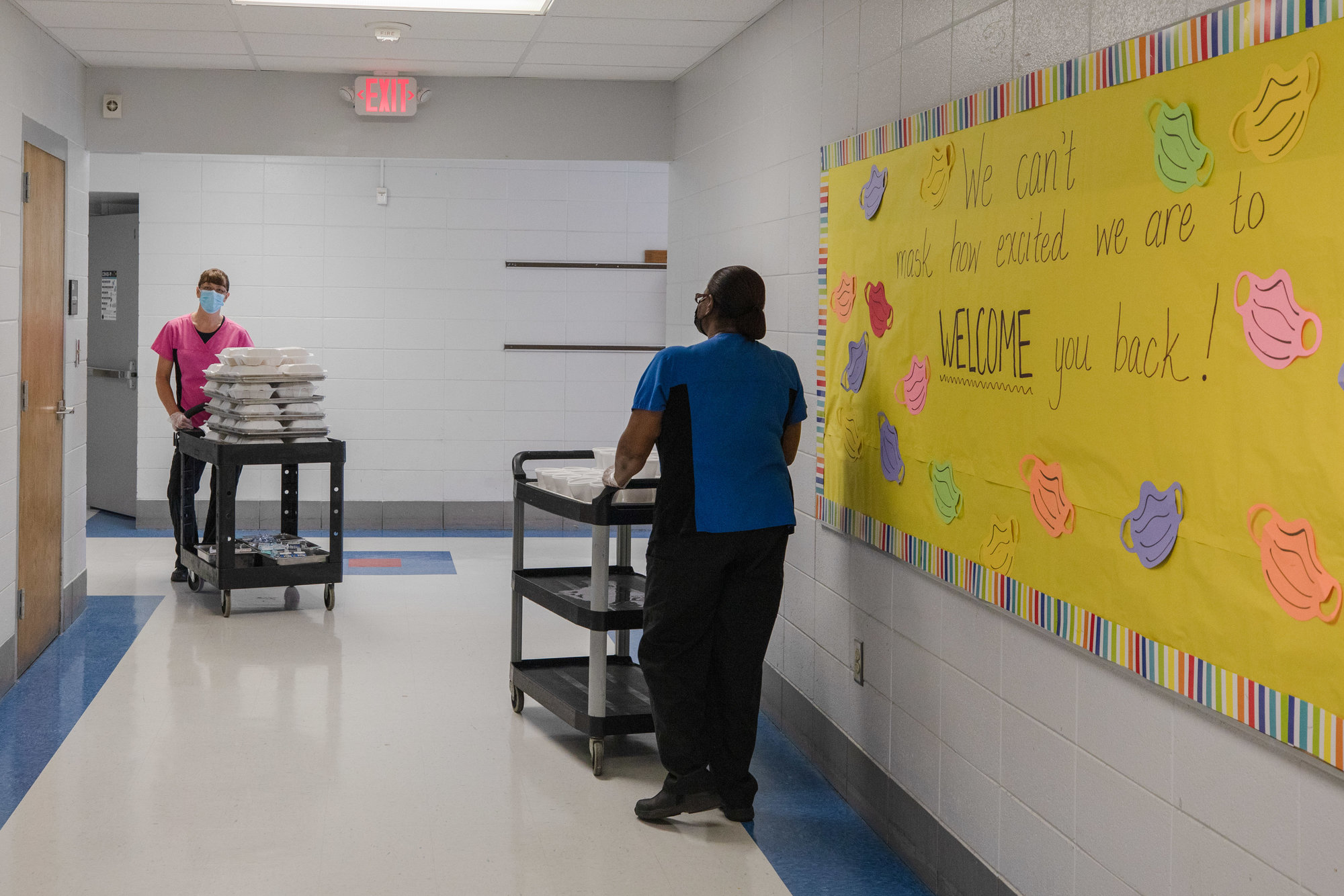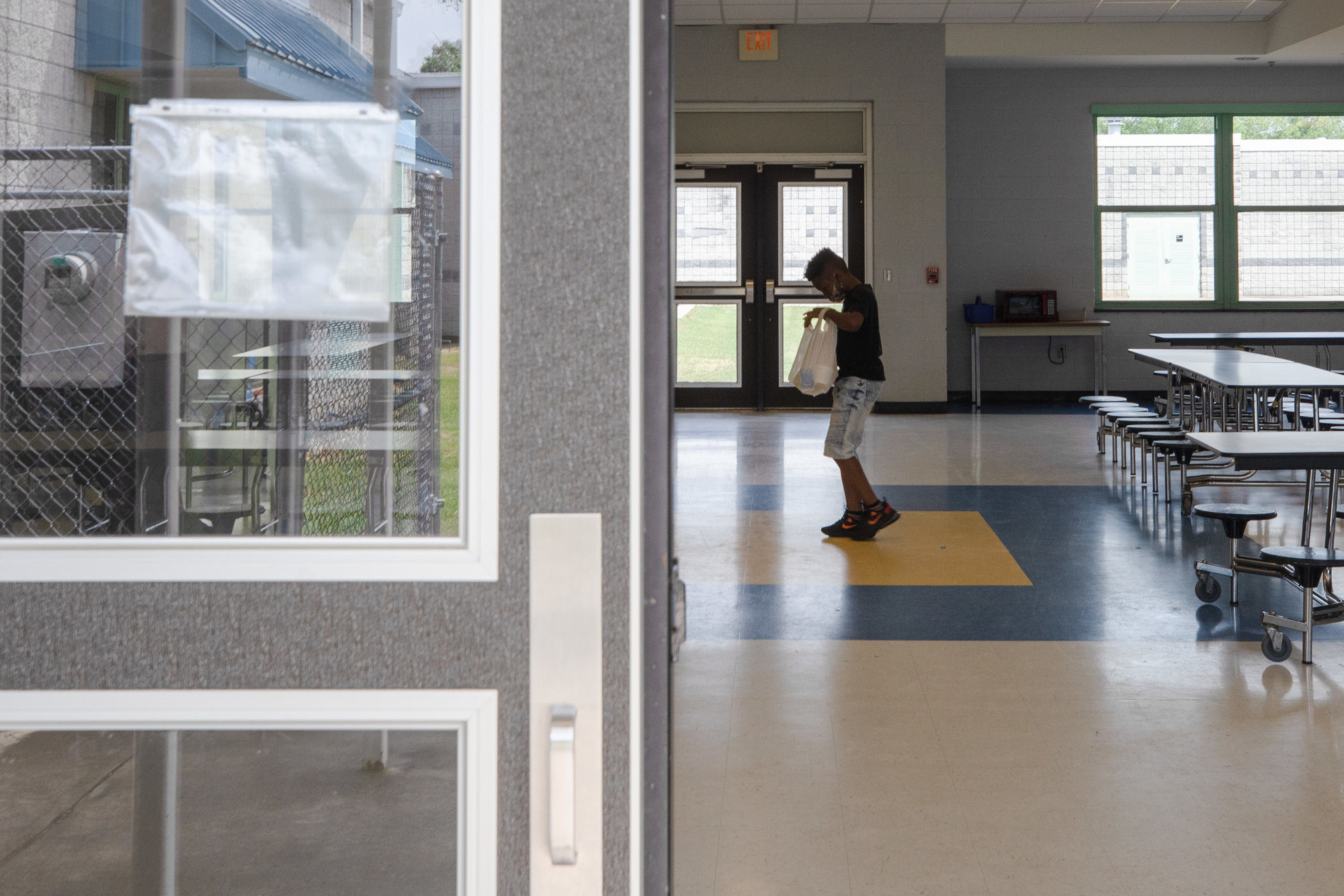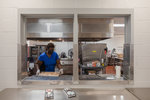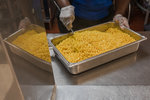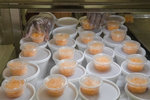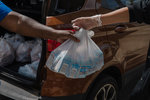Working for the smiles: A look at a day in the life of Sumter district's school ‘lunch heroes’ and changes amid COVID-19
1,152,583
Meals prepared from March 16, 2020, to March 16, 2021
15,082
Student enrollment
4,150
Meals prepared in a week now at Pocalla Springs Elementary
165
Temperature in degrees for chicken to be served
164
District food service workers
145
Temperature in degrees for beef to be served
24
Cafeteria managers (one for each school)
6
Working hours per day for school food-service workers
5:45 a.m.
Time Pocalla Springs Elementary cafeteria manager arrives at school
1
Smile needed per day for Pocalla Springs cook Glenda McKnight to feel good
Source: Sumter School District
- Pizza (both breakfast pizza - with breakfast sausage and cheese - and lunch pizza)
- Cheeseburgers
- Nachos with cheese
- French fries (they are baked, not fried)
bruce@theitem.com
Much has been made about K-12 classroom changes during the pandemic, but what about the changes and "new normal" for school food-service workers?
Given Friday, May 7, is national School Lunch Hero Day across the U.S., The Sumter Item sat down this week with some of Sumter School District's finest cuisine creators to get a feel for the work and capture all the change that has occurred in the last 15 months with food preparation in the COVID-19 era.
According to Stacey Francis, the district's food service director, and others, the biggest change in breakfast and lunch meal prep as a result of the pandemic has been prepackaging all items versus placing food on trays as we all remember in the world before COVID-19. Meals are still cooked from scratch though, she said.
Francis has worked in food services in the district from the ground up over 26 years. She said she began her career in 1995 as a substitute cafeteria worker. Then, Francis was a full-time cashier and later became a school cafeteria manager. Next, she served as one of two district field supervisors, working with numerous schools' cafeterias, before assuming the director position about one year ago.
And "what a year it has been," she said.
Schools across the state had about 48 hours to completely change operations when Gov. Henry McMaster by executive order closed all schools for students with the initial spread of the coronavirus in mid-March 2020. Still, Francis noted, schools had to feed the students.
Food-service staffs across the district had to shift and adapt quickly to packaging separate meals and to-go boxes for meal distribution to families outside the schools.
There were distribution changes and then more changes, Francis said.
The work was challenging, somewhat exhausting, and required multitasking, but food-service workers still maintained their standard six-hour workday and completed all the work, she said.
"They are superheroes with all the adjustments they made," Francis said. "I take pride in the fact of what we have accomplished. The team at each school is a wonderful group of people. I appreciate them, and they are truly the superheroes this year with all the changes we have had to implement, last minute many times. But the staffs have always been willing and been dedicated to the children."
OTHER CHANGES AND THINGS YOU MIGHT NOT KNOW
All meals provided by the district must meet USDA guidelines and state regulations, according to district field supervisor Juanita Green. She has worked for 38 years in food services in Sumter's public schools.
That means pizza - a staple with the kids - is made on whole-grain bread with low-fat cheese. French fries - another favorite - are baked, not fried, Francis said.
Green added that taking temperature of foods is a constant. Each day, refrigerators are also monitored for their storage temperatures.
In addition, all food-service workers sanitize when they arrive in the mornings. Given COVID-19, sanitization is also required every hour in the cafeterias. There is also a no-touch policy, she added, as food-service workers always wear gloves.
IN THE TRENCHES
Another big change that everyone realizes and misses is the children's laughter in school cafeterias because all students are eating meals now at their classroom desks behind a protective shield.
At Pocalla Springs Elementary School, cook Glenda McKnight said that.
For grades K-3, food-service staff deliver prepackaged meals to the school's classrooms. Older students (fourth- and fifth-graders) go to the cafeteria to pick up their to-go boxed meals.
McKnight said the changes mean less interaction, and she misses greeting the kids in the lunch line and giving out hugs.
With the initial spread of the virus last spring, she was concerned and cautious with her job in food services, but with safety precautions in place and everyone doing their part, it helps a lot, she added.
A self-described "people person," McKnight has always worked around people and enjoys it. She has been a cook in the district for five years - all at Pocalla Springs.
McKnight doesn't consider herself a hero, she said. She just wants to treat others as she would like to be treated.
"It's rewarding to see a smile on a kid's face," she said. "If I can make at least one person smile, I think I have done good."
Lori Werner is the school's cafeteria manager and has been in the field for 24 years in different states. She knows off the top of her head that Pocalla Springs currently is preparing 4,150 meals per week for in-person students and also for pickup by parents of virtual students.
Given changes because of COVID-19, many workers in food services are walking a lot more, she added.
They deliver breakfast meals to the classrooms, then pickup, and it is the same routine for lunch.
When district elementary schools were open four days per week earlier this spring, Werner used a pedometer to count her steps. In a four-day week, she logged 20-plus miles walking, she said.
She added seeing smiles on the kids' faces is one of the best parts of the job.
Another big motivator for Werner and others is that for many students, breakfast and lunch at school might be the only healthy and nutritious meals they get during a day or week.
Everyone works hard each day with the children at heart, she said.
"Breakfast and lunch provide fuel needed for our students that helps with the focus and the learning of the day," Werner said. "That's the main reason we are here. If the kids are hungry, they will not do well in school."

